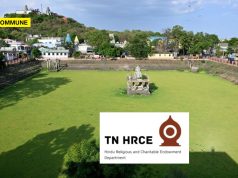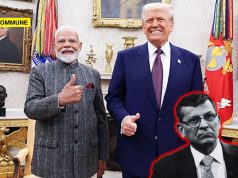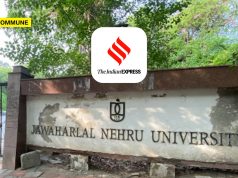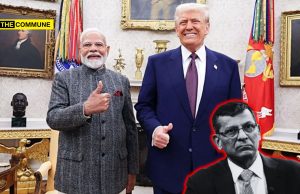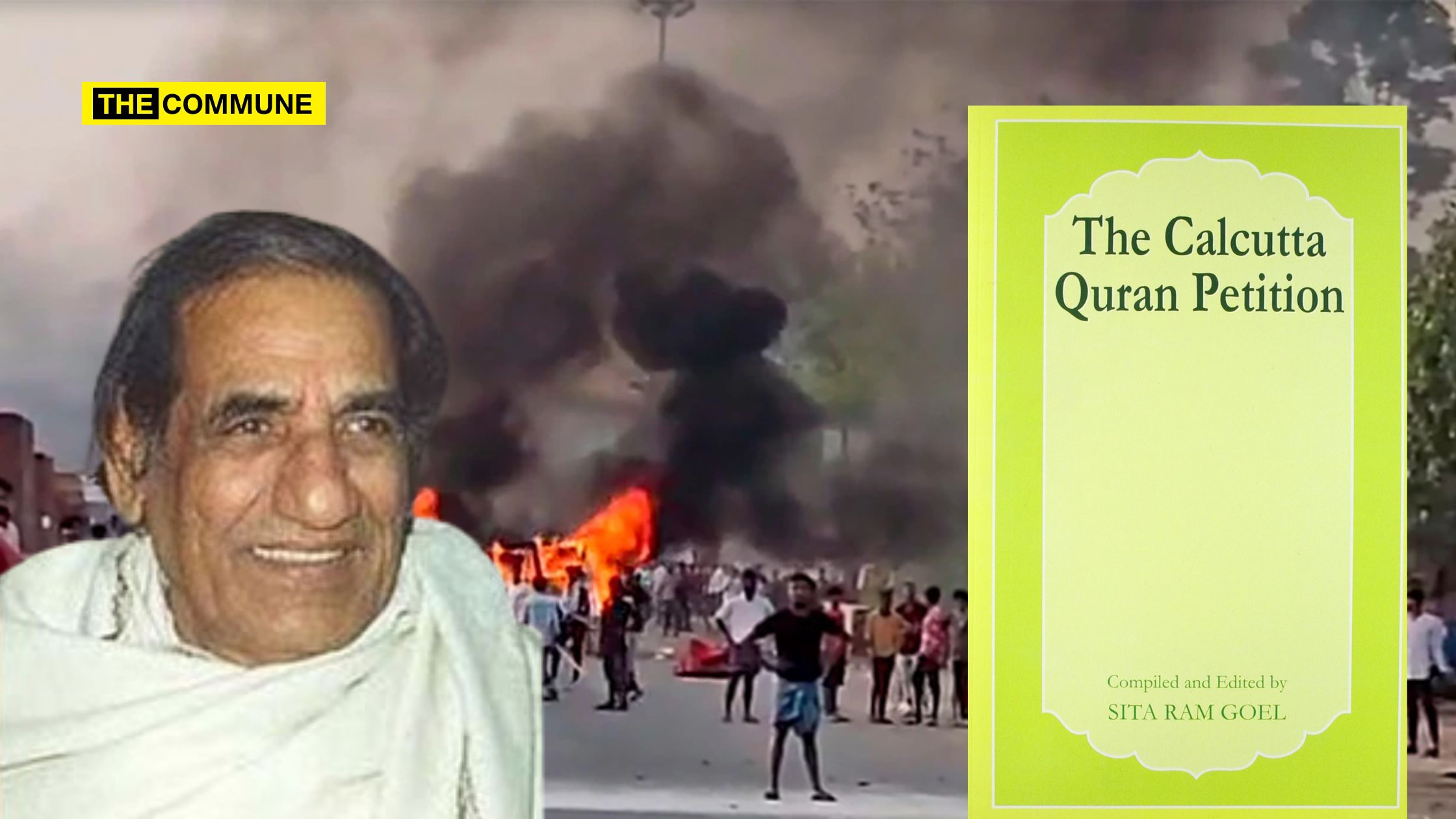
In 1986, a lone man’s petition to the Calcutta High Court exposed the rot at the heart of India’s secular machinery. Decades before Islamist mobs took to the streets of West Bengal, torching police vehicles and clashing with state forces over the Waqf (Amendment) Act of 2025, Chandmal Chopra’s petition on the Quran is documented in the now-banned book The Calcutta Quran Petition by Sita Ram Goel and Chopra himself, continues to haunt India—more so today, as the streets of Bengal burn with the very rage the petition warned about.
The Petition That Shook the System
Filed in the Calcutta High Court, Chopra’s Public Interest Litigation (PIL) did not call for hate, nor did it twist scripture. It merely cited over 24 verses from standard Quranic translations—verses that, in his view, incited hatred and violence against non-Muslims—and demanded legal parity.
His core argument: if Hindu scriptures and saints can be prosecuted under Sections 295A and 153A of the Indian Penal Code for allegedly “hurting religious sentiments” or “promoting enmity,” why should Islamic texts be immune from scrutiny?
The State’s response was swift and brutal:
- The judiciary dismissed the petition as “frivolous and malicious.”
- Chopra was arrested and denied bail.
- The media enforced a deafening blackout.
- The book based on the petition was banned in multiple states.
As Goel later noted, “Bharat’s secularism is a disguise for the continuation of the Muslim problem under a different name. Instead of resolving it, we have legalized it.”
The Present Eruption in Bengal: History Repeating Itself
Fast forward to April 2025. Murshidabad and Jangipur—districts with rapidly shifting demographics and growing Islamist assertiveness—exploded in violence as protests against the Waqf (Amendment) Act 2025 turned into full-blown riots.
Three people were killed during violent clashes with police.
Police vehicles were torched, officers pelted with stones, and law and order collapsed.
The Calcutta High Court intervened, ordering deployment of Central Armed Police Forces (CAPF), stating, “We cannot turn a blind eye to the various reports that have surfaced which prima facie show vandalism in a few districts of West Bengal.”
Incidents were reported not just in Murshidabad, but also in South 24 Parganas (Amtala), North 24 Parganas, and Hooghly (Champdani)—all areas where Hindu voices have been increasingly silenced or driven underground.
The Warning Ignored
The Calcutta Quran Petition had already warned of this trajectory.
Goel’s commentary in the book traced a pattern.
British-era laws, such as Section 295A (originally enacted to protect Muslim sentiments after the Rangeela Rasool episode), were retained by Nehru’s Congress, but selectively enforced against Hindus.
Islamic texts enjoyed de facto legal immunity, while Hindu saints, authors, and even temple rituals were criminalized.
This imbalance created a two-tier legal system—one for Muslims, one for Hindus.
Today, we are witnessing the real-world consequences of that double standard. In places like Murshidabad, the State that jails Hindus for quoting the Manusmriti or reciting Hanuman Chalisa now hesitates to act decisively against violent Islamist mobs—even when lives are lost and state authority is undermined.
The Islamist Ecosystem: From Congress to Mamata
West Bengal didn’t reach this boiling point overnight. As the book predicted, decades of vote-bank politics, appeasement, and legal cowardice laid the foundation for today’s crisis.
Congress sowed the seeds with land grants to the Waqf Board, unchecked madrasa proliferation, and cleric appeasement.
The Left turned a blind eye to radicalization and demographic shifts.
Mamata Banerjee’s Trinamool Congress perfected the model: cultivating minority vote banks while suppressing dissent, even within the judiciary and police.
Demographic data tells its own tale:
Muslims now form over 30% of West Bengal’s population, with border districts like Malda, Murshidabad, and Dinajpur irreversibly altered.
Hindu families routinely report intimidation, forced migration, and loss of cultural rights in these regions.
Legal Apartheid, Not Secularism
The core question remains unchanged since 1986:
Why are Hindus subject to laws that are never applied to others?
If quoting a Quranic verse invites legal scrutiny, then every religious text should be open to the same lens—or the laws themselves must be repealed.
Instead, India’s system chose the worst of both worlds:
- Protect one religion with absolute immunity.
- Punish another with legal harassment and social ostracism.
This isn’t secularism. This is legal apartheid, and it is fueling the alienation and anger we now see erupting across West Bengal.
The Book That Echoes Loudest Today
The Calcutta Quran Petition was never about hate. It was about legal consistency and civilizational clarity. It asked a bold but necessary question—one that the Indian State still refuses to answer:
Are Hindus truly equal in their own homeland?
As mobs roam freely in Murshidabad, courts play catch-up, and politicians mouth platitudes, Goel and Chopra’s words sound less like history and more like prophecy. The fire they warned about has now jumped from the courtroom to the street.
(This article is based on an X thread by Manisha Singh)
Subscribe to our channels on Telegram, WhatsApp, and Instagram and get the best stories of the day delivered to you personally.

